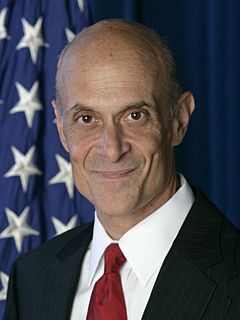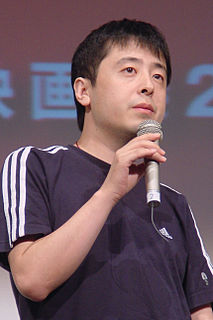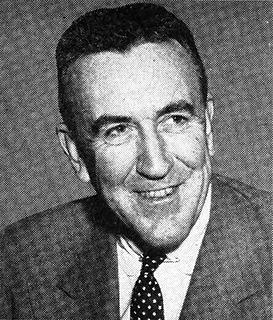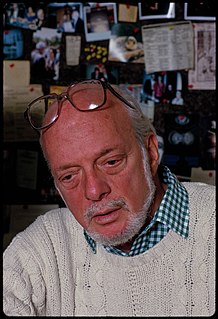A Quote by Yuval Noah Harari
For thousands of years, until about 1850, you see humans accumulating more and more power by the invention of new technologies and by new systems of organization in the economy and in politics, but you don't see any real improvement in the well-being of the average person.
Related Quotes
The backbone of any improvement of governance, its development as well as its protection from any form of wastage or excessiveness, is a mechanism to place laws under the microscope of revision and modernization until they resonate in tune with the methodological development and new administrative technologies.
When someone new comes into your life and suddenly you feel more alive, more beautiful, more sexual, more creative, more desirable and more engaged; you feel that this new person is the key to those feelings. But actually, you have these qualities too. What you don't see and don't acknowledge in yourself, you project onto someone else. Carl Jung explored this very well. He called it projection.
The event concept was sparked from a shared observation amongst these leading lifestyle brands that the economic rebound has spurred greater liquidity into real estate, the stock market is setting new heights and consumers are generally stepping out more for luxury goods and services. After many years of pulling back, it was fun to see guests flirting with temptation, whether that was a new home, a new car, a new look or just to learn more about the trends. Others were happy to take in all the action.
This new economy that's just emerged has a new central economic actor. It's not the worker, the person who produces, nor the person who consumes, the purchaser. It's a new actor that does both things at the same time, call them a creator. They both create and consume in the same single act, and we're just beginning to see the shape of this new economy and it changes not just the economy itself, it's going to change the whole nature of the work relationship.
The technologies that will be most successful will resonate with human behaviour instead of working against it. In fact, to solve the problems of delivering and assimilating new technology into the workplace, we must look to the way humans act and react. In the last 20 years, US industry has invested more than $1 trillion in technology, but has realised little improvement in the efficiency of its knowledge workers and virtually none in their effectiveness. If we could solve the problems of the assimilation of new technology, the potential would be enormous.
New laws, new kinds of things can emerge as the universe evolves. The more moving parts you have in something, the more possibilities there are. There's a whole new science now of complexity, and what we see is that complexity requires a very different approach than the kind of bottom-up approach that fundamental physics has always used. We're gonna have to think about the world in a different way if we want to address complex systems.
If you go on my Instagram, you're not going to see the same content you'll see on my YouTube. Instagram has become the new magazine. It's much more editorial and about perfect moments that are captured. Snapchats are funny, real moments that you want to share. On YouTube, it's more structured, more storytelling.
If you take the conflicts we are used to dealing with, race over the years in America, and you combine that with the desire or aspiration to political power or taking power from other people, which is what politics is all about, you end up with a lot more friction than you would normally see with just straight-ahead politics.
Power is global and politics is local. That must change. We need a new language for understanding new global power formations as well as new international modes of politics to fight them. Social movements must move outside of national boundaries and join with others across the globe to fight the savagery of neoliberal global politics and central to such a task is the work of intellectuals, artists, cultural workers, and others who can fashion new tools and social movements in the fight against the current anti-democratic threats being imposed all over the globe.







































